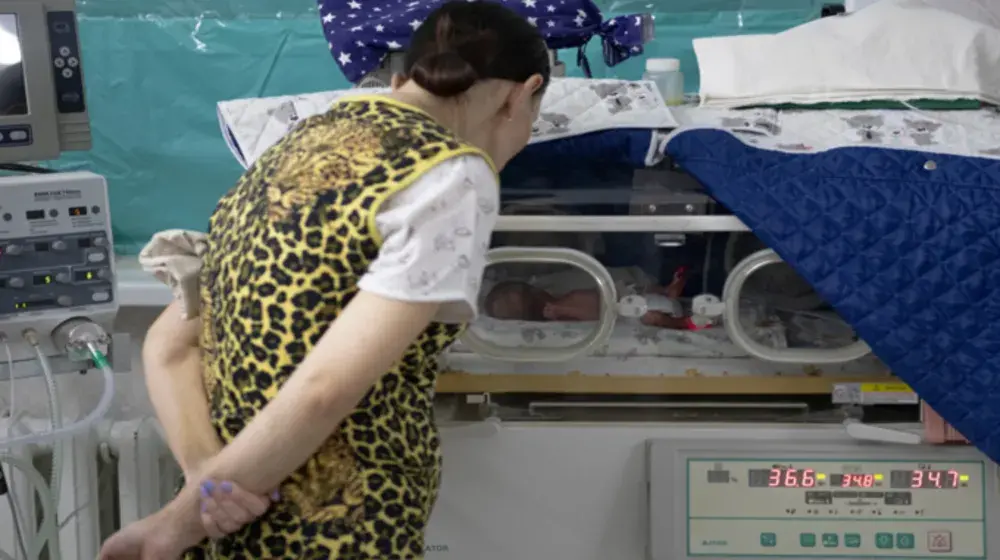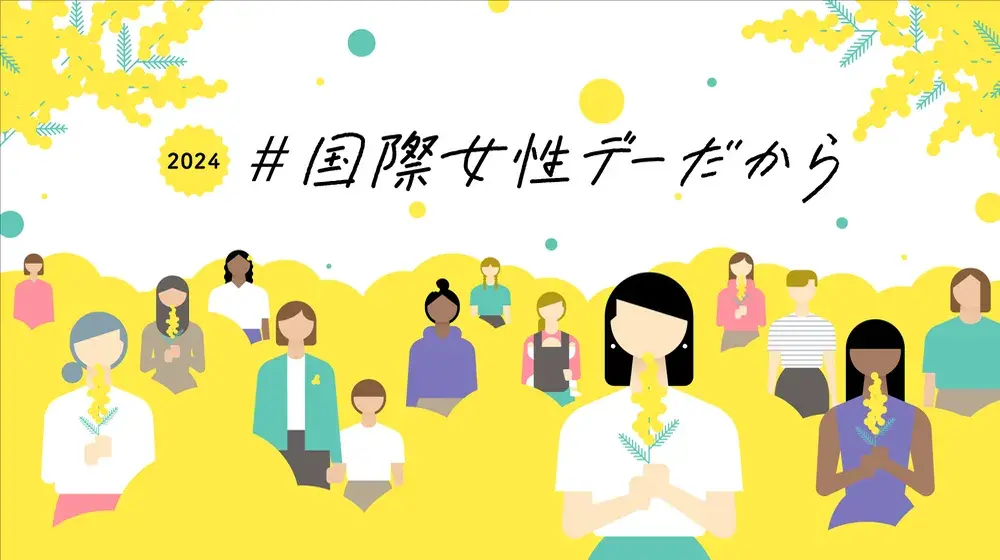セクシュアル・リプロダクティブ・ヘルスケア を必須でないものとして取り扱うのはやめましょう
UNFPA事務局長ナタリア・カネムが、12月12日のユニバーサル・ヘルス・カバレッジ*(UHC) 国際デーに際し、メッセージを発表しました。
「わずか5年前、UHCがグローバルな目標として合意されたのは、大きな飛躍でした。 UHCは、病める時も健やかなる時も、お互いを気にかけ思いやるという状況です。COVID-19のパンデミックにより、それを実現することがいかに重要であるかが明らかになりました。私たち誰もが安全になるまでは、誰1人として完全に安全ではないのです。
“ユニバーサル”とは、誰もが、どこにいても、一人一人の尊厳と権利を尊重した質の高いケアを手ごろな価格で享受でき、提供されることを意味します。これは、生涯にわたり、セクシュアル・リプロダクティブ・ヘルスケア を含む、すべての必要不可欠なサービスがカバーされているということです。
(中略)
これらのサービスを提供するということは、すべての社会が保障すべき人権のためには不可欠です。セクシュアル・リプロダクティブ・ヘルスケア は、命を救い、個人と地域社会に繁栄をもたらします。
(中略)
COVID-19のパンデミックでは、セクシュアル・リプロダクティブ・ヘルスケアと避妊薬・具へのアクセスが阻害されたことにより、700万人もの意図しない妊娠をもたらしたと、UNFPAは試算しています。
このパンデミックに端を発した急激な経済的困窮は、資源を逼迫させています。特にパンデミック以前からケアの質が低く、資金不足が深刻であった女性や若年層へのサービスにはさらなる負担がかかっています。
(中略)
UHCは私たちの社会をより強靭なものにします。健全な健康は、人間の生活と生計、地域社会、経済のあらゆる側面を多角的に支えています。この目標達成に向けて歩みを進めていくことは、これまで以上に重要なことです」
毎年12月12日は「ユニバーサル・ヘルス・カバレッジ国際デー」です。この日は、2017年UHCに焦点をあてた決議が国連総会によって採択され、その重要性が認識された日です。
*世界保健機関(WHO)によれば、ユニバーサル・ヘルス・カバレッジ(UHC)とは、すべての人々が基礎的な保健医療サービスを、必要なときに、負担可能な費用で享受できる状態を指します。(参考)
Let’s stop treating sexual and reproductive health care as anything less than essential
Statement by UNFPA Executive Director Dr. Natalia Kanem
International Universal Health Coverage Day
12 December 2020
When universal health coverage became an agreed global goal just five years ago, it marked a huge leap forward. It is a vision of care and compassion for one another, in sickness and in health. The COVID-19 pandemic reveals just how vital it is that we make that vision real. None of us is safe until all of us are safe.
Universal means that everyone, everywhere has access to quality care that is affordable, acceptable and delivered with respect for the dignity and rights of each person. This means coverage of all essential services, including sexual and reproductive health services across the life course.
Women, men, adolescent girls and boys all require these services throughout their lives, whether it is having the necessary information and counseling for sexual health and well-being, choosing and accessing contraception, going through pregnancy and childbirth safely or protecting themselves from sexually transmitted infections, including HIV, or reproductive cancers.
Providing these services is integral to the human rights that all societies must uphold. Sexual and reproductive health services save lives, and allow individuals and communities to thrive.
Today, on International Universal Health Coverage Day, we know that people all over the world do not have access to the sexual and reproductive health care they need. This may be because of cost, where they live or weak health systems. It may be because they are afraid of discrimination based on their age or sexual orientation, or because they lack the power to make their own decisions about health care and contraception. These gaps both build on and further embed exclusion and vulnerability, and so they must be the first to be addressed in striving for universality.
The case for doing so has been painfully illuminated by COVID-19. In the first few months of the pandemic, UNFPA estimated that disruptions in access to sexual and reproductive health care and contraceptives may have resulted in as many as 7 million unintended pregnancies.
Acute economic distress stemming from the pandemic is tightening resources and imposing additional strain, especially on services for women and young people whose care, even before the pandemic, was often of low quality, severely underfunded and frequently overlooked.
We must recognize these challenges, not treat them as an excuse to postpone our commitments. This is no time to backtrack on universal health coverage with sexual and reproductive care at the core.
Universal Health Coverage makes our societies more resilient. Sound health, in all its dimensions, sustains every aspect of human lives and livelihoods, communities and economies. It is more important than ever that we keep moving closer to achieving that goal.





